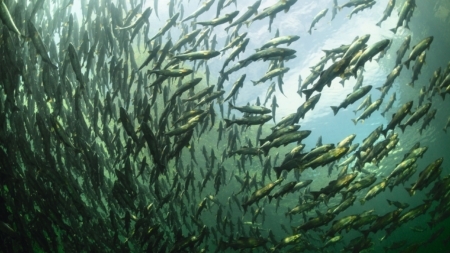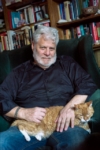A World Without Salmon
The fish’s struggle for survival is a fight not only for itself but for the health of the planet. An excerpt from Salmon: A Fish, the Earth, and the History of Their Common Fate.
From the outset, human beings have had largely the same concept of economic development: dominate and tame nature. Nature is the seemingly useless raw material that we can transform in order to build a comfortable, orderly and prosperous life.
In physics there is a rule known as the second law of thermodynamics, which holds that no matter how the universe tries to establish order, the total amount of disorder increases. We see this law in microcosm on Earth in the history of human development. Economic development is supposed to create order out of the disorder of wild life, but the more it is imposed, the more disorder this creates. A clear sign that the economic model is part of the problem is the fact that in times of economic recession, carbon emissions decline, and in times of “prosperity,” they increase. We do more damage when we prosper.
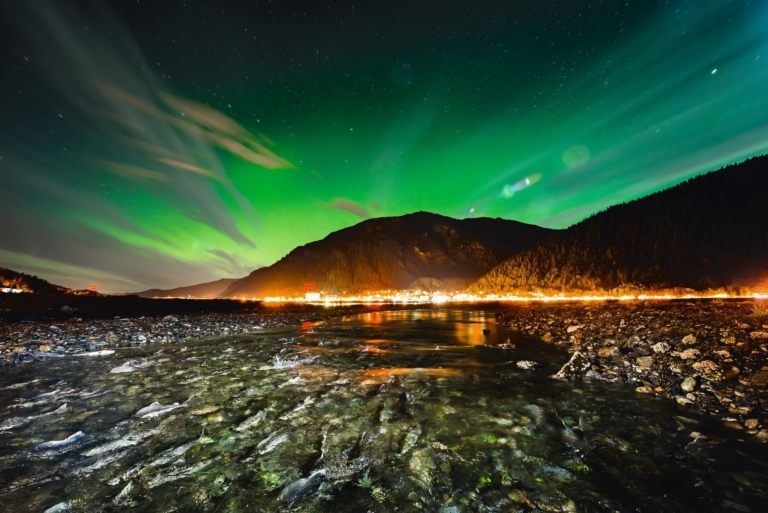
In 1987 the United Nations released a report titled “Our Common Future,” a document that defined the phrase “sustainable development.” The report declared that our current economic development could not be maintained because of the damage it was causing. The text reads, “There is a growing consensus that species are disappearing at rates never before witnessed on the planet.”
We are losing species faster than we can identify them, which makes it impossible to quantify the extinction rate. We do discover about 18,000 new species every year, and this has led to what biologist E.O. Wilson terms “belief in a magic well”: If only known species were facing extinction we might be saved by the thousands of new ones found every year— the magic well. The problem is that with the destructive impact of the way we live, there is no reason to assume that unknown species are not being obliterated at the same rate as known ones.
Wilson recently observed, “For the first time in history a conviction has developed among those who can actually think more than a decade ahead that we are playing a global endgame. Humanity’s grasp on the planet is not strong. It is growing weaker. Our population is too large for safety and comfort. Fresh water is growing short, the atmosphere and the seas are increasingly polluted as a result of what has transpired on the land. The climate is changing in ways that are unfavorable to life …”
The consensus among scientists that we are doomed is growing. The primary reason for this pessimism is that we seem to lack the political will to take necessary action. In 2018, shortly before he died, physicist Stephen Hawking expressed the hope that humans would learn how to colonize space before the Earth was destroyed. If today’s humans did, they would carry with them the old ideas of economic development and destroy other planets one by one, just like they destroyed the rivers of Great Britain, then New England, and then the Pacific Northwest.
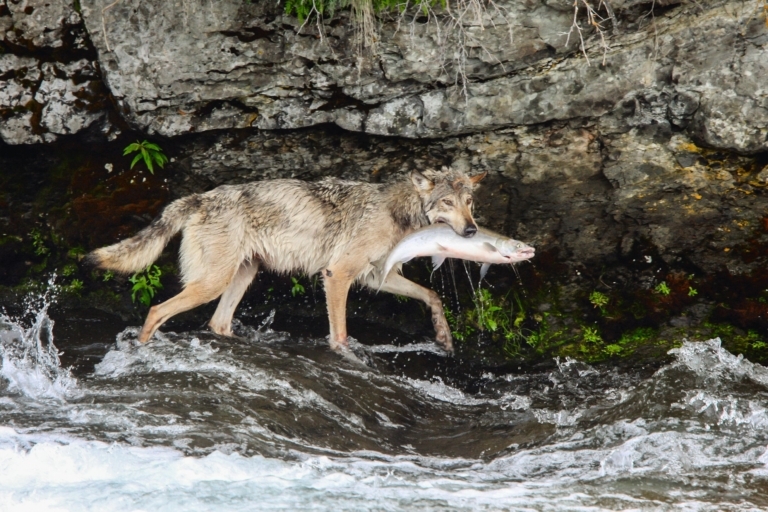
We are at a point where every species lost is a crisis that will lead to more species lost. Engaged in this battle for survival, what would it mean to lose a salmon species, or even several? We already know because certain stocks of certain species, a kind of subspecies, are already extinct in certain places. What does it mean to lose a species that is intimately engaged in the life cycle of tiny insects like a stonefly and large mammals like a brown bear or a sea lion and a wide variety of birds—eagles, herons, cormorants, mergansers? How many species do we lose when we lose a salmon? And how many others do we lose from losing those?
The human population is expected to experience tremendous growth in the next fifty to one hundred years, and this, too, bodes badly for salmon. At the end of the last ice age the human population is estimated to have been about 10 million people, a favorable situation for salmon. As of March 2016, it was estimated at 7.4 billion. The United Nations estimates that in the year 2100, the number of people on Earth will have increased to 11.2 billion—all demanding space and food.
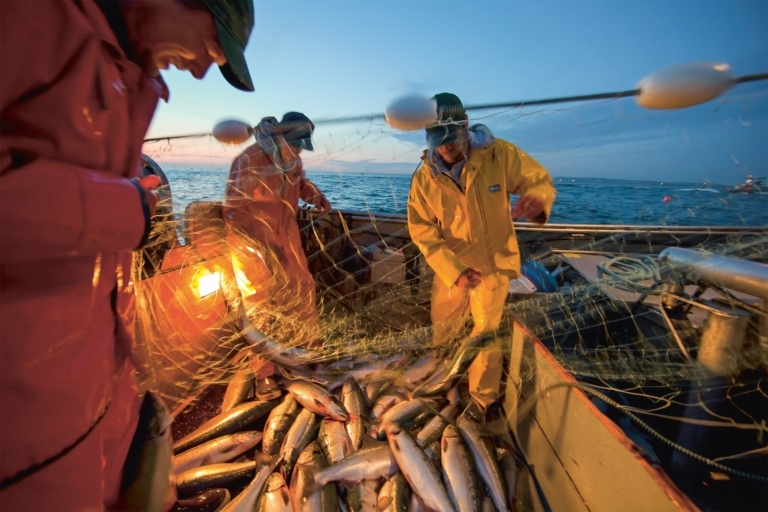
People are slowly beginning to understand our desperate circumstance, and hopefully enough will in time for politicians and policymakers to respond. A 1992 poll in Washington State showed that 77 percent of voters believed that salmon was an important indicator of environmental health. A 1997 poll in the Portland-based daily newspaper The Oregonian indicated that 85 percent of Oregonians thought it was important to preserve salmon in the Columbia and the Snake Rivers, and 60 percent said that preserving the salmon was more important than commerce in the management of the Columbia system.
One of the problems with recovery programs is “shifting baselines.” If the goal is to get a river back to its disastrous level of 1950 or even 1850, the salmon will not be restored. The problem is that no one remembers the abundance of salmon before the Industrial Revolution, and so they cannot aspire to it. Reaching the historic levels of the past—though they may exist only in legend, books and documents—has to be the goal.
Henry David Thoreau wrote, “Who hears the fishes when they cry?” Maybe we need to go down to the riverbank and try to listen.
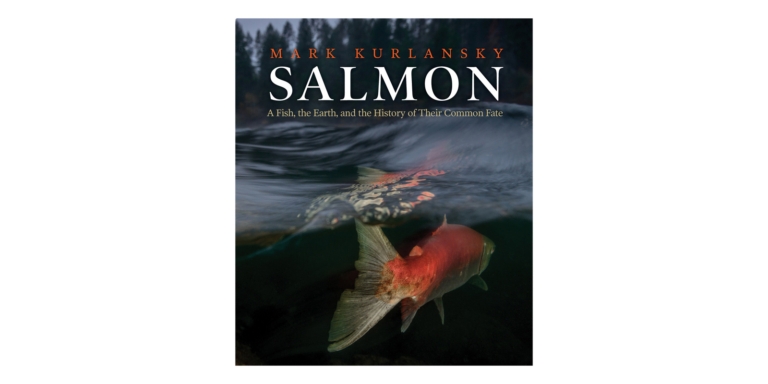
This story was excerpted from Salmon: A Fish, the Earth, and the History of Their Common Fate, available now from Patagonia Books.
